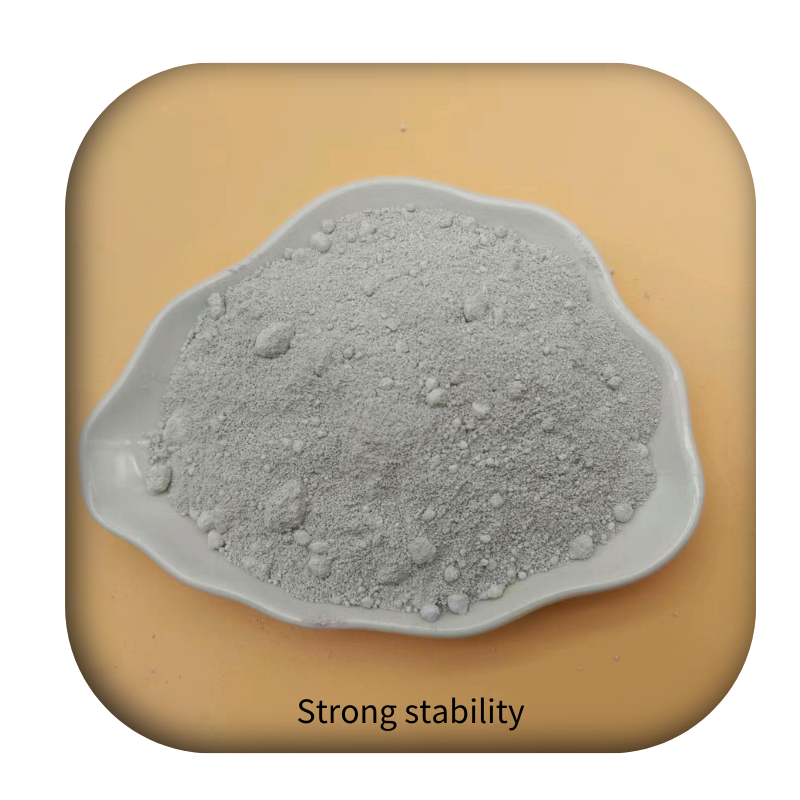
High-Quality Clay Pebbles for Efficient Hydroponic Systems and Sustainable Gardening Solutions
The Role of Clay Pebbles in Hydroponics A Comprehensive Guide
In recent years, hydroponics has gained immense popularity as an innovative method of growing plants without soil. This soil-less cultivation technique relies on nutrient-rich water and a variety of growing mediums to support plant growth. One such growing medium that has become a favorite among hydroponic enthusiasts is clay pebbles. These lightweight, versatile, and eco-friendly aggregates offer numerous benefits that make them an ideal choice for hydroponic systems.
What Are Clay Pebbles?
Clay pebbles, also known as hydroton, are small, round balls made from expanded clay. The manufacturing process involves heating clay at high temperatures, causing it to expand and form a porous structure. This unique composition gives clay pebbles excellent aeration and drainage properties, making them suitable for a range of hydroponic applications, including deep water culture, nutrient film technique, and drip systems.
Benefits of Using Clay Pebbles in Hydroponics
1. Excellent Drainage and Aeration One of the primary advantages of clay pebbles is their superior drainage capabilities. The porous structure allows excess water to flow freely, preventing root rot and promoting healthy root development. Additionally, the spaces between the pebbles enable air circulation, ensuring that roots receive adequate oxygen—a vital component for plant health.
2. pH Neutral and Chemical Inert Clay pebbles are pH neutral, meaning they won't alter the acidity or alkalinity of the nutrient solution. This characteristic is crucial for maintaining the optimal pH levels required for various plants. Moreover, clay pebbles are chemically inert, ensuring that they do not leach harmful substances into the nutrient solution, which can otherwise affect plant growth.
clay pebbles for hydroponics factory

3. Reusable and Eco-Friendly One of the most significant benefits of clay pebbles is their reusability. After each growing cycle, they can be cleaned and sterilized for future use. This not only reduces waste but also lowers costs for hydroponic growers. Additionally, clay pebbles are made from natural materials, making them an environmentally friendly option for sustainable agriculture.
4. Thermal Insulation Clay pebbles provide insulation for plant roots, helping to maintain a stable temperature. This is particularly important in hydroponic systems where fluctuations in temperature can stress plants and hinder growth. By stabilizing root temperature, clay pebbles contribute to a healthier growing environment.
5. Versatility Clay pebbles can be used in a variety of hydroponic systems and can also be mixed with other growing mediums to create a customized blend. Their versatility allows growers to experiment with different setups, accommodating various types of plants and growth stages.
Challenges and Considerations
While clay pebbles offer numerous advantages, there are a few considerations to keep in mind. Initially, they can be dusty, so it’s essential to rinse them thoroughly before use to remove any residual dust. Additionally, while they provide excellent drainage, careful monitoring of water levels and nutrient concentrations is necessary to ensure plants do not experience nutrient deficiencies.
Conclusion
In summary, clay pebbles are an invaluable resource in the realm of hydroponics, providing essential benefits such as excellent drainage, aeration, and reusability. Their chemical inertness and pH neutrality make them compatible with a wide range of plants, while their eco-friendly nature aligns with sustainable agricultural practices. As hydroponics continues to evolve, the role of clay pebbles will undoubtedly remain significant, empowering growers to cultivate healthy and productive plants in an efficient and environmentally-conscious manner. Whether you are a novice or an experienced hydroponic gardener, incorporating clay pebbles into your growing system could lead to remarkable results.
Share
-
Premium Pigment Supplier Custom Solutions & Bulk OrdersNewsMay.30,2025
-
Top China Slag Fly Ash Manufacturer OEM Factory SolutionsNewsMay.30,2025
-
Natural Lava Rock & Pumice for Landscaping Durable Volcanic SolutionsNewsMay.30,2025
-
Custom Micro Silica Fume Powder Manufacturers High-Purity SolutionsNewsMay.29,2025
-
Custom Mica Powder Pigment Manufacturers Vibrant Colors & Bulk OrdersNewsMay.29,2025
-
Custom Micro Silica Fume Powder Manufacturers Premium QualityNewsMay.29,2025






